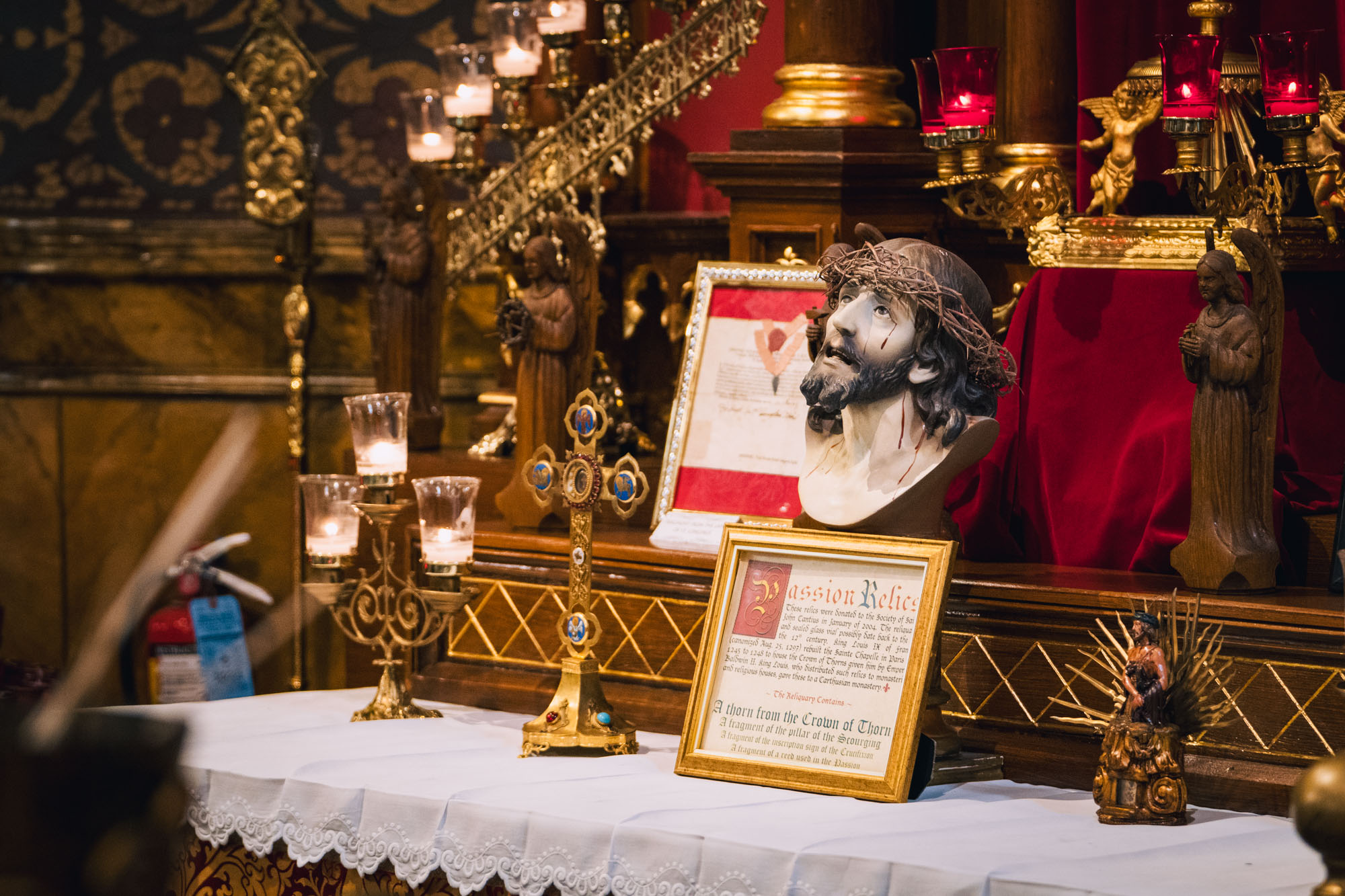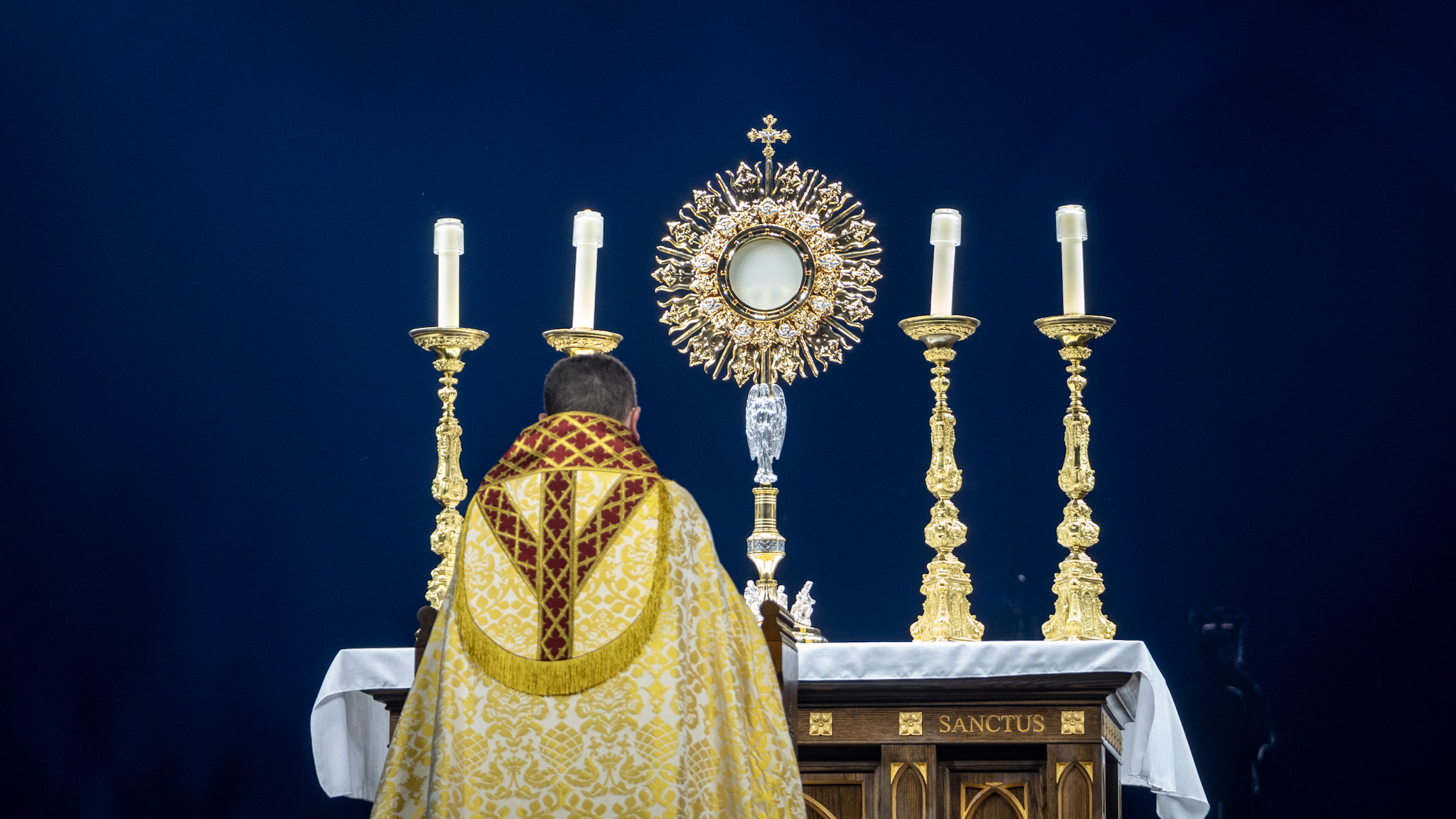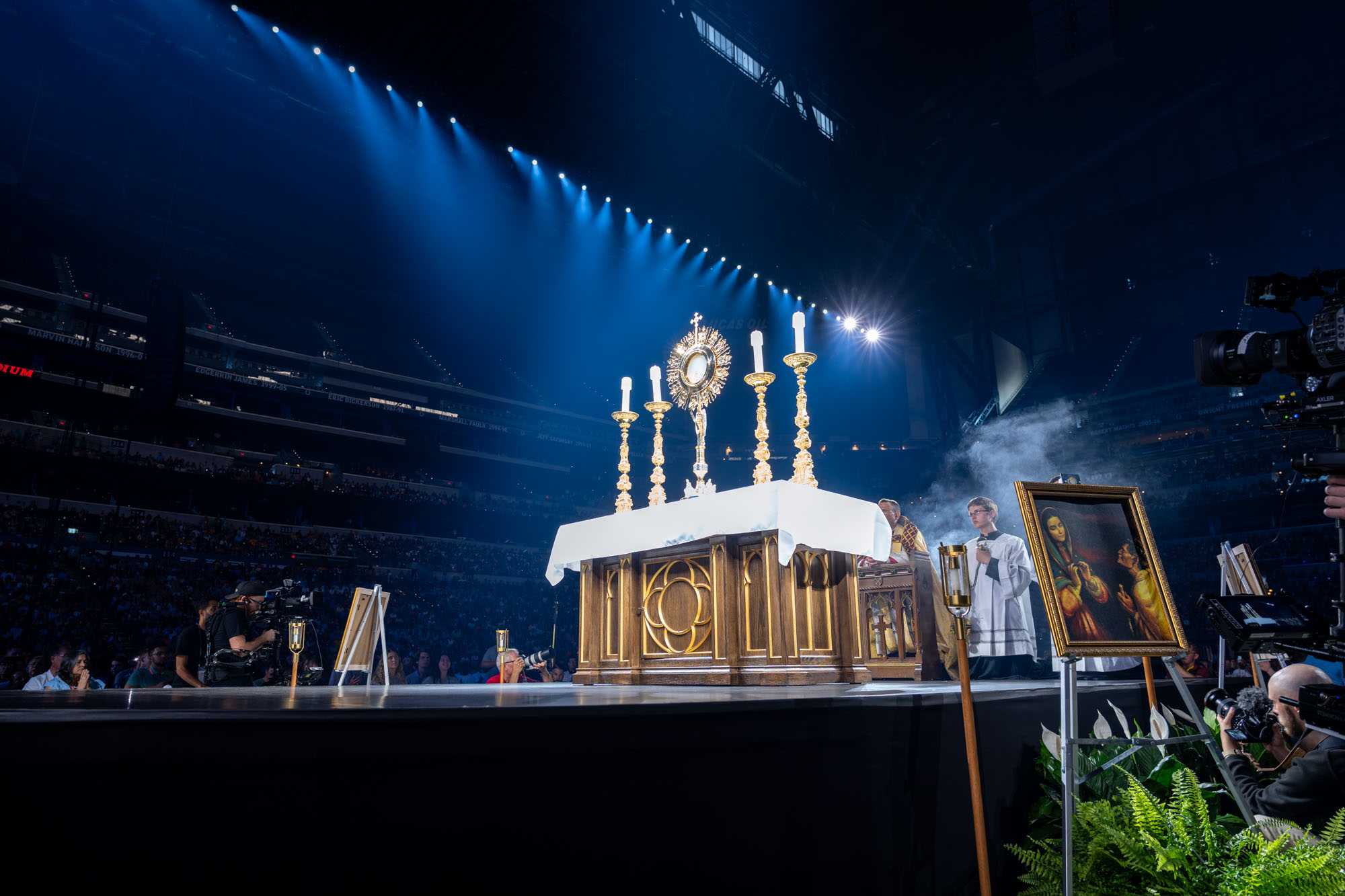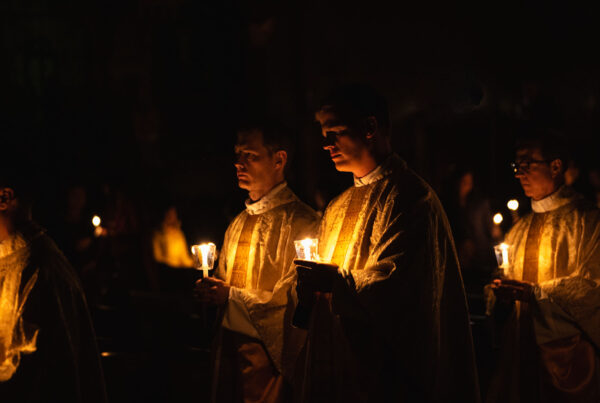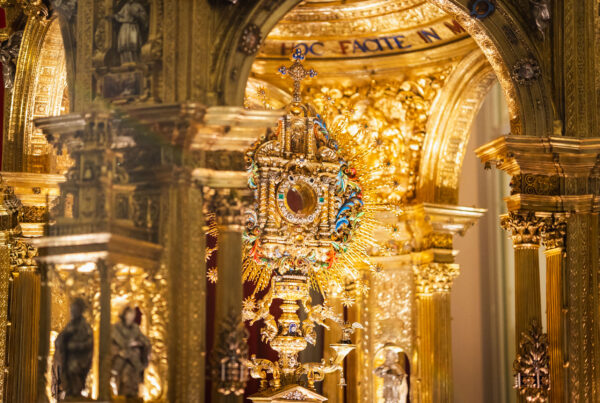Journeying with Christ: Understanding the Sacred Season of Lent
Table of Contents
1. What is Lent?
2. Biblical Roots of Lent
3. The Purpose of Lent
4. The Practices of Lent
5. The Spiritual Meaning of Lent
6. Is Lent Catholic or Christian?
7. Summary
1. What is Lent?
(Short answer: Lent is a forty-day period of reflection, repentance, and renewal observed by many Christians, primarily Catholics, to prepare for Easter.)
Lenten Dates for 2025 and 2026:
- 2025: Ash Wednesday will fall on March 5th, and Easter Sunday will be celebrated on April 20th.23
- 2026: Ash Wednesday will be on February 18th, and Easter Sunday will be on April 5th.
As Catholics, we embark on a special journey each year, a forty-day pilgrimage known as Lent. It’s a time of reflection, repentance, and renewal, a period dedicated to drawing closer to Christ and preparing our hearts for the joyous celebration of His Resurrection at Easter. But what exactly is Lent? What does the Bible say about it, and what is its significance in our faith? Let’s delve into the rich traditions and spiritual depth of this sacred season.
2. The Biblical Roots of Lent: A Foundation in Scripture
While the specific observance of a forty-day Lenten period isn’t explicitly detailed in the Bible, the principles underlying it are deeply rooted in Scripture.
The number forty itself carries significant weight. We see it throughout salvation history:
- the forty years the Israelites wandered in the desert, testing their faith and preparing them for the Promised Land (Numbers 14:34);
- Moses’ forty days on Mount Sinai receiving the Ten Commandments (Exodus 24:18);
- Elijah’s forty-day journey to Mount Horeb (1 Kings 19:8);
- and, most importantly, Jesus’ forty days in the wilderness, fasting and being tempted by Satan (Matthew 4:1-11, Mark 1:12-13, Luke 4:1-13).
These biblical examples point to a period of testing, purification, and preparation. Just as the Israelites were purified through their time in the desert, and Jesus prepared for His public ministry through fasting and prayer, Lent provides us with an opportunity to purify our hearts and prepare ourselves to more fully receive the grace of Easter.
While the Bible doesn’t mandate a specific Lenten observance, these scriptural precedents lay the groundwork for understanding the purpose and value of such a season.
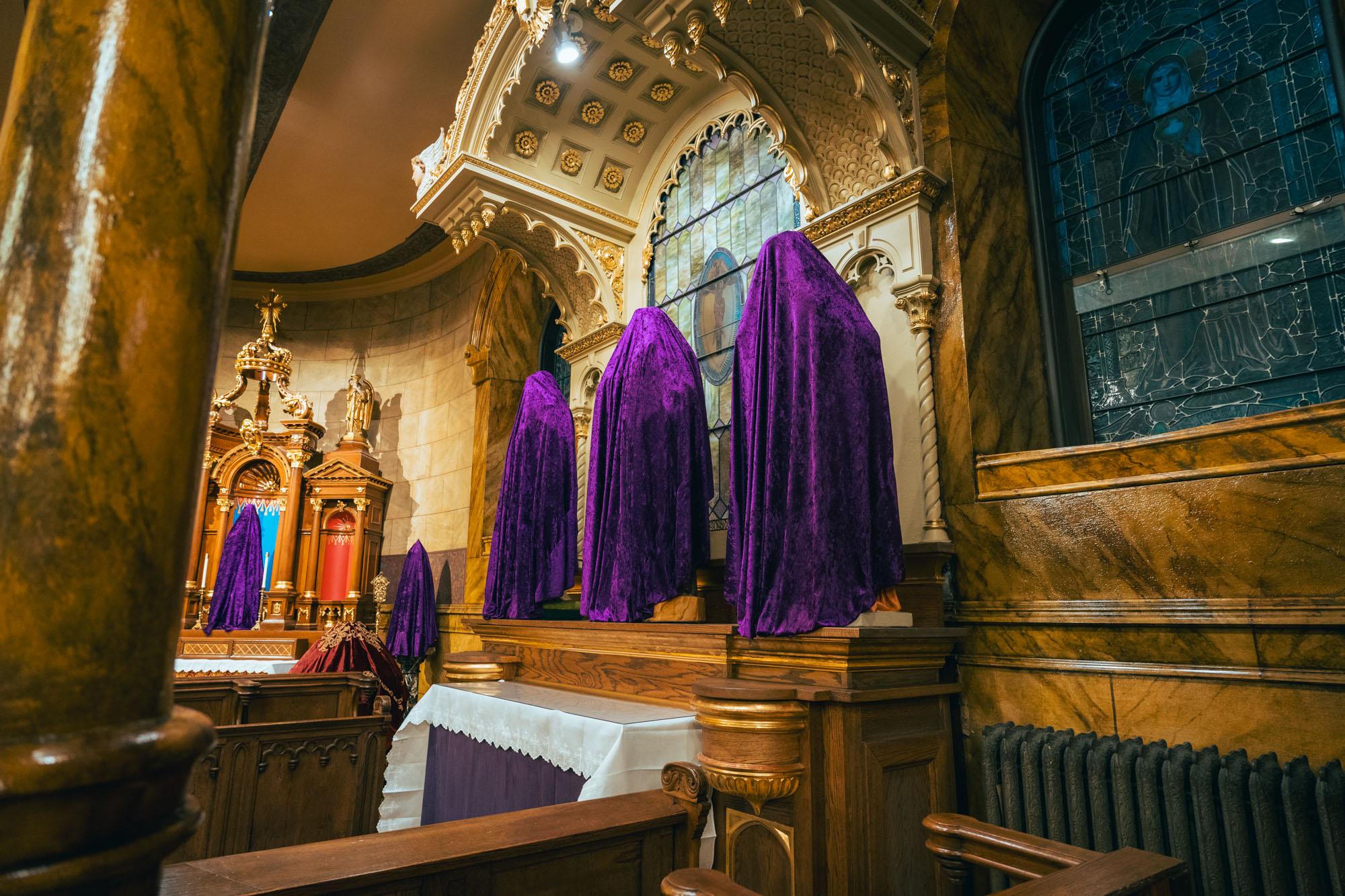 3. The Purpose of Lent: Preparing Our Hearts for Easter Joy
3. The Purpose of Lent: Preparing Our Hearts for Easter Joy
Lent is not simply about giving something up. It’s much more profound than that.
The primary purpose of Lent is to prepare our hearts to celebrate the Resurrection of Jesus Christ. It’s a time for spiritual growth, a time to examine our lives and identify areas where we have fallen short of God’s ideal. Through prayer, fasting, and almsgiving, we strive to purify our souls, strengthen our relationship with God, and become more like Christ.
Think of it as spring cleaning for the soul. We clear out the clutter of sin and selfishness, making room for God’s grace to flourish. We focus on cultivating virtues, deepening our faith, and renewing our commitment to following Jesus. Lent is a journey of conversion, a turning away from sin, and a turning towards God. It’s a time to reflect on Christ’s sacrifice for us and to renew our gratitude for His immeasurable love.
Would you like to stay close to the Holy Eucharist all day long?
Now you can, I have 8 Holy Eucharist Wallpapers for you, so you can stay connected with Jesus Christ anywhere you are!
4. The Practices of Lent: Prayer, Fasting, and Almsgiving
The traditional Lenten practices of prayer, fasting, and almsgiving are the tools we use to achieve this spiritual renewal. They are not ends in themselves but rather means to an end: a closer relationship with God.
- Prayer: Lent is a time to deepen our prayer life. We are encouraged to spend more time in conversation with God, both in personal prayer and in communal worship. This might involve attending daily Mass, spending time in Adoration, praying the Rosary, or simply taking time each day to reflect on Scripture and speak to God from the heart.
- Fasting: Fasting is a way of disciplining our bodies and strengthening our wills. It helps us to focus on spiritual things rather than material desires. While the traditional practice of fasting involves abstaining from certain foods, fasting can also take other forms, such as limiting our time on social media, giving up a favorite activity, or simplifying our lifestyle. The key is to choose a form of fasting that challenges us and helps us to grow in self-control.
- Almsgiving: Almsgiving is an act of charity, a way of sharing our blessings with those in need. It reminds us that we are all part of the Body of Christ and that we have a responsibility to care for one another. Almsgiving can involve giving money to the poor, volunteering our time to help others, or simply showing kindness and compassion to those around us.
5. The Spiritual Meaning of Lent: A Journey of Transformation
Lent is a journey of transformation. It’s a time to confront our weaknesses, acknowledge our sins, and seek God’s forgiveness. It’s a time to cultivate humility, to recognize our dependence on God, and to open our hearts to His grace. Through the practices of prayer, fasting, and almsgiving, we strive to become more like Christ, to embody His love and compassion in our daily lives.
The spiritual meaning of Lent lies in its focus on interior conversion. It’s not enough to simply go through the motions. We must allow the Lord to work within us, to transform us from the inside out. This requires a willingness to be honest with ourselves, to examine our consciences, and to seek God’s guidance.
6. Lent: A Shared Christian Tradition
While often associated most strongly with the Catholic Church, the observance of Lent, in various forms, is a practice shared by many Christian denominations. The specific traditions and practices may differ, but the underlying purpose – preparation for Easter – remains the same. Our shared Christian heritage provides a common ground for understanding the spiritual significance of this season.
7. Embracing the Lenten Journey
As we begin our Lenten journey, let us remember that it is a gift, an opportunity to draw closer to Christ and prepare our hearts to celebrate the joy of Easter (read more about Holy Week). Let us embrace the practices of prayer, fasting, and almsgiving, not as burdens, but as tools for spiritual growth. And let us ask the Lord to guide us, purify us, and transform us into the people He calls us to be. May this Lent be a time of grace and blessing for each of us, a journey that leads us to a deeper understanding of God’s love and a renewed commitment to following Him.
 Resources:
Resources:
Preparing Your Heart for Easter by Embracing Lent
40-Day Pilgrimage Brings Promise
Fasting During Lent A Spiritual Guide to Getting the Most Out of the Practice
Entering into the Season of Lent

